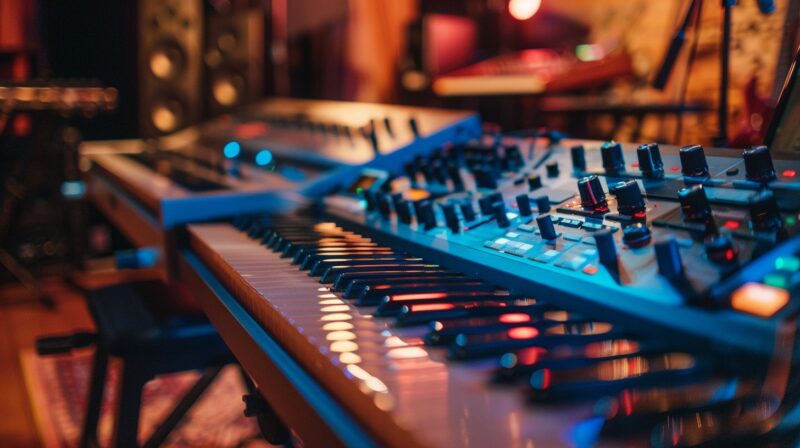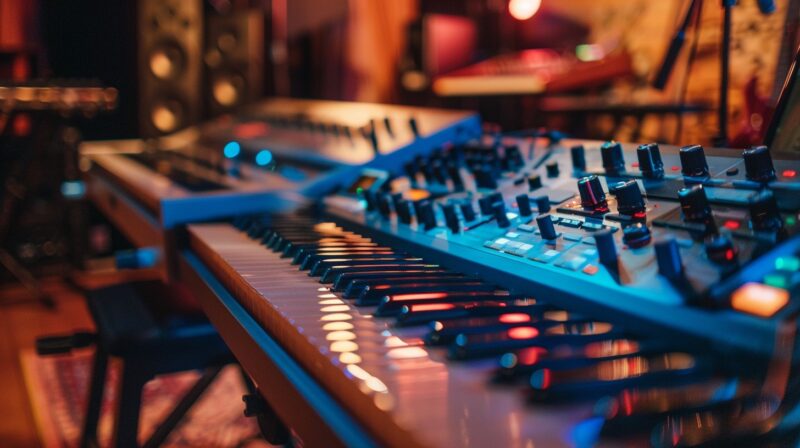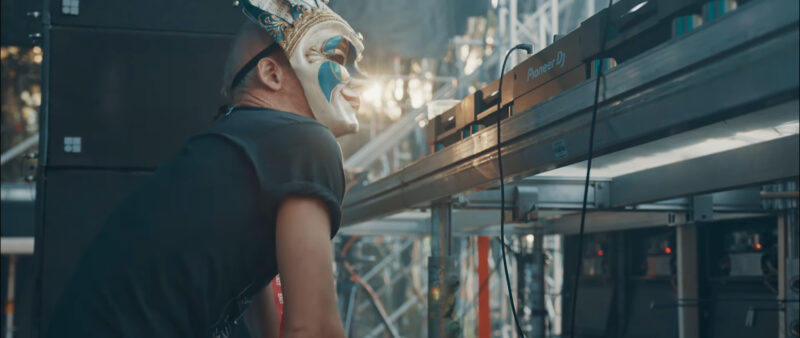If you try to create great music in a top-tier studio, you have to know it involves more than just high-end gear and talented musicians. The Music Production Secrets come from the intricate details and techniques used by professional engineers and producers.
The key is to uncover the professional techniques used by experienced engineers and producers, showing you how to achieve a polished, professional sound in your music.
The Role of Analog Gear
Analog equipment is like the foundation for creating awesome studio sound. Famous studios around the world, like Abbey Road and Electric Lady Studios, use analog tools like mixers and compressors to create their unique sounds.
For example, there’s this thing called the UAD-1 Fairchild compressor that helps blend different tracks together, giving them a smooth and warm sound that digital tools can’t always copy. This richness and depth that analog equipment provides make it super important in making professional music.
Why Experienced Engineers Matters
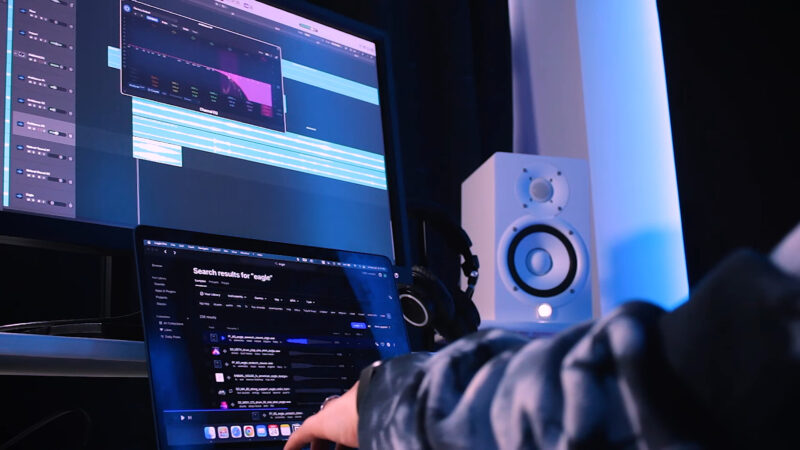
Having a skilled engineer is super important in making music. They’ve spent years practicing and learning about both the equipment and the creative parts of music.
Engineers like Tony Maserati and Sylvia Massy have been working for decades, so they’ve developed a great ear for details and know how to use both analog and digital tools effectively. With their experience, they can make small but important changes that really improve the final product.
Good Monitoring and Acoustic Environments
Having good speakers and a well-designed room is really important for making the right decisions about a mix. Studios spend a lot of money on high-quality speakers and soundproofing materials to make sure that the sound sounds as real as possible.
For example, Blackbird Studio in Nashville uses top-notch speakers and carefully designed rooms to create a great listening environment. This way, engineers can hear every little detail, making sure that the mix sounds good on different types of speakers.
Starting with Great Sounds
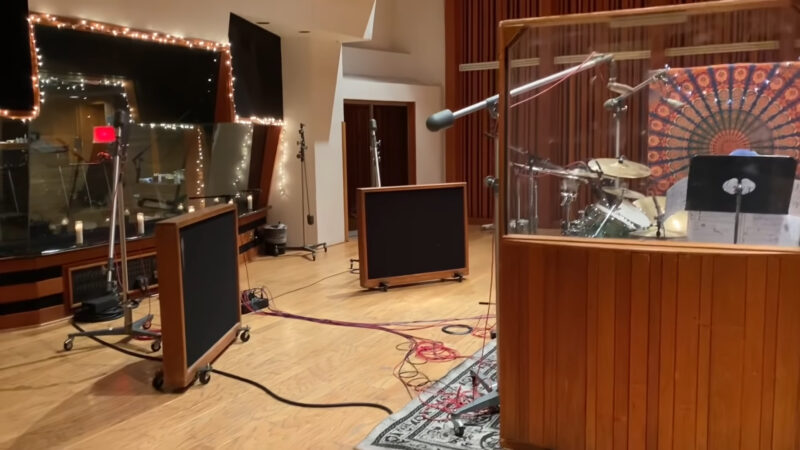
Using good instruments and recording in great-sounding spaces is really important for getting a professional sound. Studios like Henson Recording Studios in Los Angeles focus on capturing the best possible sound from the start.
This means using high-quality microphones, equipment, and instruments, and recording in rooms that are designed to sound amazing. The better the initial recording, the less work is needed later to make it sound polished.
Mixing Techniques
A good idea we strongly suggest is the mixing. Of all Music Production Secrets, it is one of the best. Try to mix and combine technical skills and creative ideas. There are two main ways to mix music: in-the-box (ITB) and out-of-the-box (OTB).
ITB mixing uses computer software and plugins, which gives you a lot of flexibility and control. OTB mixing, on the other hand, uses analog equipment, which can make the music sound warmer and more unique. Studios like Capitol Studios in Hollywood use a mix of both methods to create their famous sound.
Creating a Comfortable Studio Space
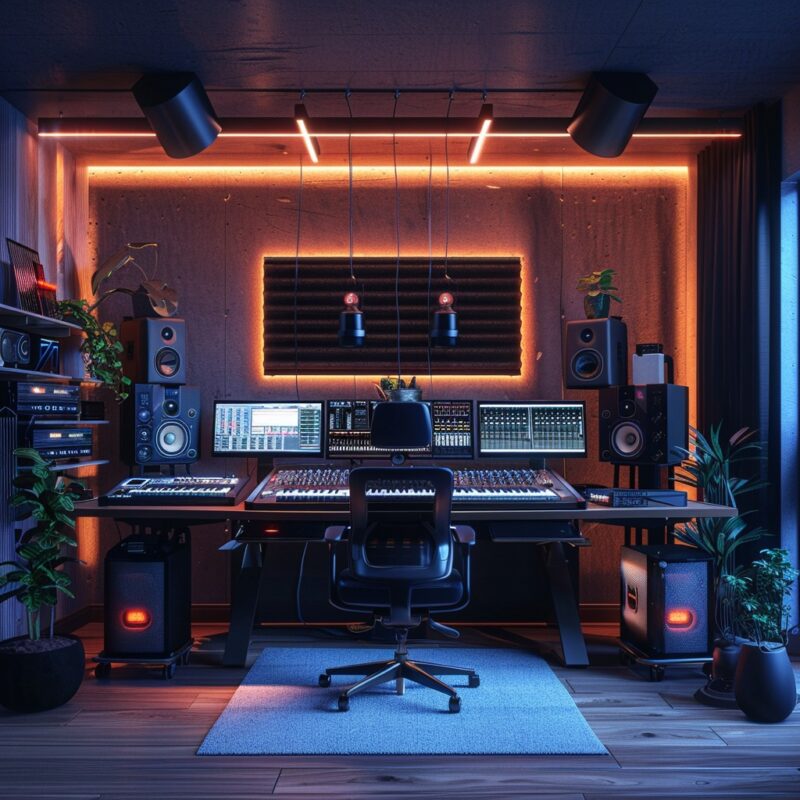
A great studio environment is more than just having the right equipment. Things like ping pong tables and cozy lounges, like at EastWest Studios in Los Angeles, help keep clients relaxed and happy.
A positive and fun atmosphere helps people be more creative and perform their best. The physical space and the overall vibe of the studio are really important in the music-making process.
Always Keep Learning and Adapting
As the best engineers and producers, you are always learning new things. They stay up-to-date with new techniques, tools, and trends in music production. They listen to other high-quality tracks to understand how to make their own music sound just as good.
Studios encourage their engineers to keep learning and improving, so they can stay at the top of their game. For example, mastering engineers like Bob Ludwig always listen to new music to stay current with production styles.
Key Music Production Secrets
- Keep it Simple: Focusing on the most important parts of a song can make it more effective. Too many parts can be overwhelming. Blending a few key elements well can create a clearer and more impactful sound.
- Use Reference Tracks: Comparing your track with high-quality commercial tracks is a common practice. Importing these tracks into your project and switching between them helps ensure your mix stands up to industry standards.
- Avoid Over-Compression: Compression is used to even out levels, but overusing it can make a song sound lifeless. Applying compression carefully preserves the natural dynamics of the music.
- Humanize Drum Tracks: Adding slight variations to drum machine tracks can make them sound more natural and engaging. This is achieved by introducing small timing or volume changes.
- Layer for Richer Textures: Layering multiple instruments or sounds can create a richer, more complex texture. This method is widely used in genres like pop and electronic music.
- High-Pass Filtering: Applying high-pass filters to everything except bass and kick helps avoid muddiness in the mix. As this technique clears up the low end, making the overall mix cleaner and more defined.
- Sidechaining for Balance: Sidechain compression balances the bass and kick by reducing the bass volume when the kick hits. This prevents clashes and maintains a clean mix.
- Utilize Stereo Width: Tools like the Haas effect can widen your mix, creating a fuller, more immersive sound. This technique adds depth and space to the music, enhancing the listener’s experience.
- Automation for Dynamics: Automation introduces changes in volume, panning, and effects throughout a song, keeping the listener engaged. This dynamic approach prevents the track from becoming monotonous.
- Avoid Overproduction: Knowing when to stop is crucial in music production. Overthinking or endlessly tweaking a track can stifle creativity. Experienced producers understand the importance of keeping the creative flow and knowing when to move on to the next project.
Conclusion
To create high-quality studio sound, you must involve a mix of necessary elements, including the right equipment, skilled engineers, well-designed acoustic environments, and effective mixing techniques. Music Production Secrets play a vital role in this. Top global studios use these components to craft music that captivates listeners.
Whether your music is destined for streaming giants or traditional radio, if you understand and apply these secrets, it will elevate your productions, helping you create tracks that stand out in the competitive music industry.

